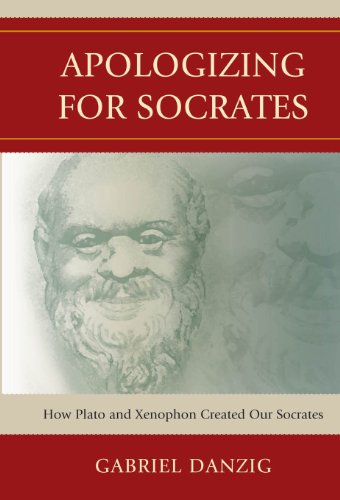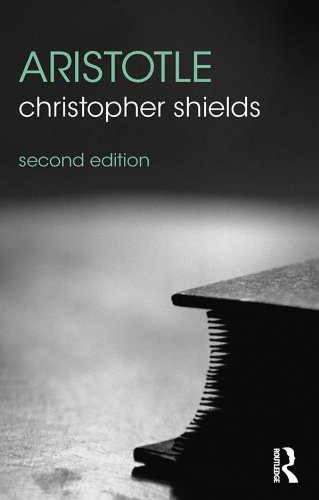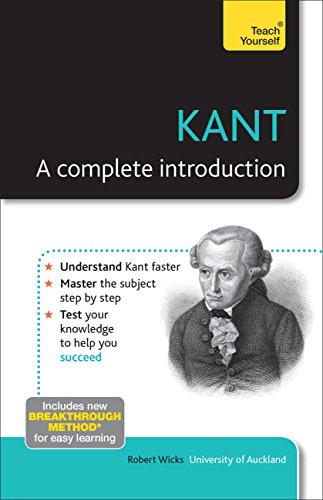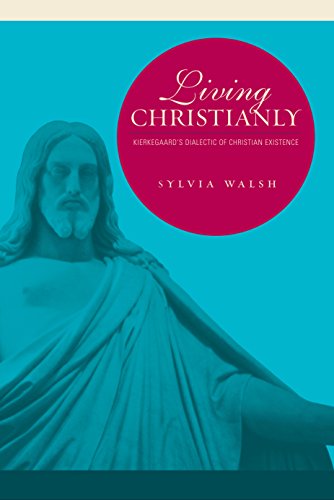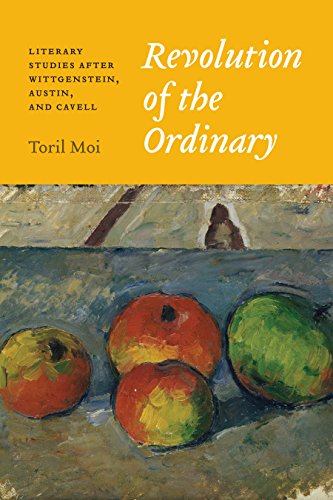
By Toril Moi
Moi first introduces Wittgenstein’s imaginative and prescient of language and concept, which refuses to lessen language to a question of naming or illustration, considers theory’s hope for generality doomed to failure, and brings out the philosophical strength of the actual case. Contrasting usual language philosophy with dominant strands of Saussurean and post-Saussurean proposal, she highlights the former’s originality, severe strength, and power for artistic use. eventually, she demanding situations the assumption that strong critics constantly learn less than the skin, presenting as a substitute an leading edge view of texts as expression and motion, and of studying as an act of acknowledgment. Intervening in state-of-the-art debates whereas bringing Wittgenstein, Austin, and Cavell to new readers, Revolution of the Ordinary will charm past literary stories to someone trying to find a philosophically critical account of why phrases matter.
Read or Download Revolution of the Ordinary: Literary Studies after Wittgenstein, Austin, and Cavell PDF
Similar philosophy criticism books
Apologizing for Socrates: How Plato and Xenophon Created Our by Gabriel Danzig PDF
Apologizing for Socrates examines a few of Plato's and Xenophon's Socratic writings, in particular those who tackle famous controversiese about the existence and demise of Socrates. Gabriel Danzig argues that the trouble to guard Socrates from a number of modern fees is helping clarify a number of the imperative philosophical arguments and literary positive aspects that seem in those works.
Get Aristotle (The Routledge Philosophers) PDF
During this widely revised re-creation of his first-class guidebook, Christopher Shields introduces the complete of Aristotle’s philosophy, displaying how his robust perception of human nature formed a lot of his pondering at the nature of the soul and the brain, ethics, politics, and the humanities. starting with a short biography, Shields conscientiously explains the elemental components of Aristotle’s concept: his explanatory framework, his philosophical method, and his four-causal explanatory scheme.
Download PDF by Robert Wicks: Kant: A Complete Introduction: Teach Yourself (Teach
Written by way of Robert Wicks, a acknowledged Kant expert who teaches on the collage of Auckland, Kant: an entire advent is designed to offer you every little thing you must prevail, multi function position. It covers the foremost parts that scholars are anticipated to be convinced in, outlining the fundamentals in transparent jargon-free English, after which offering added-value positive aspects like summaries of key books, or even lists of questions you're requested on your seminar or examination.
Get Living Christianly: Kierkegaard's Dialectic of Christian PDF
The pseudonymous works Kierkegaard wrote throughout the interval 1843–46 were liable for constructing his acceptance as a big philosophical philosopher, yet for Kierkegaard himself, they have been only preparatory for what he observed because the fundamental job of his authorship: to explain the which means of what it truly is to reside as a Christian and hence to teach his readers how they can turn into actually Christian.
- New Orientalists, The: Postmodern Representations of Islam from Foucault to Baudrillard
- Michel Foucault and Power Today: International Multidisciplinary Studies in the History of the Present
- Phantasie als Methode der poietischen Wissenschaft Goethes: Naturwissenschaft und Philosophie im Spiegel seiner Zeit (German Edition)
- Testimonios y fragmentos. Retórica a Alejandro. (Biblioteca Clásica Gredos) (Spanish Edition)
- Living Poetically: Kierkegaard's Existential Aesthetics (Literature and Philosophy)
- Volume 18, Tome III: Kierkegaard Secondary Literature: English L-Z: 3 (Kierkegaard Research: Sources, Reception and Resources)
Extra info for Revolution of the Ordinary: Literary Studies after Wittgenstein, Austin, and Cavell
Example text
Revolution of the Ordinary: Literary Studies after Wittgenstein, Austin, and Cavell by Toril Moi
by Michael
4.3
